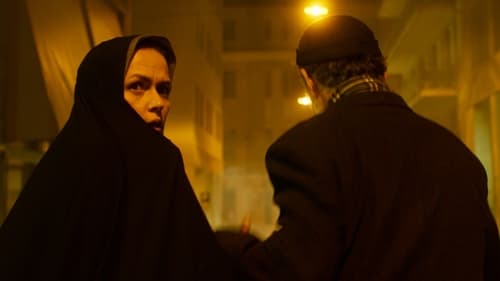
Set Costumer
海辺の町を訪れたひとりの女性。近くの別荘に滞在する若い母親の姿を目で追ううちに自らの過去の記憶がよみがえり、穏やかな休暇に不穏な空気が漂い始める。

Assistant Costume Designer
Babak, an Iranian student in Greece, doesn't show up to welcome his visiting parents at the Athens airport. Pari and her older husband, both devout Muslims abroad for the first time, are ill-prepared to search for their son in an intimidating and alien environment. All their attempts to find a clue that might lead them to him prove to be in vain and they soon reach a dead end. But Pari can't give up looking for him, even when returning to Iran seems like her only choice. Following the steps of her rebellious son in the darkest corners of the city, she will exhaust her inner strength to achieve more than a mother's search for her missing son.

Set Decoration
An aged , above any suspicion, bourgeois by the nickname 'The Master', lives isolated in a luxurious beachfront villa with his teenage daughter. In reality, however, he is an illicit trade in antiquities, a loan shark and a black market trader of antiquities. The 'Master' has two henchmen to do his 'dirty work', Mercury and John, both of committing a fatal mistake: while Mercury falls for the daughter of 'Master', John is obsessed with a prostitute. Both of them , as 'sentimentalists', must be whacked.

Art Direction
Petros is a gay archaeologist who experiences the naked Greek paranoia in the center of Athens. Either by choice or coincidence, he comes into contact with people who are "different": An Arab immigrant, who comes to Greece, a land of "infidels", determined to conquer it by any means; A Greek-French cello player, who is burdened by the agony of her alcoholic mother; A young Albanian pianist, who carries the curse of his own personal genius and divinity; A Greek immigrant, who was repatriated but now has nowhere to call home; A bank director, who believes everything can be bought, even love; A patrolman, who creates his own version of socio-political reality. Petros' contact with these people is in fact a traumatic experience. For each encounter he has to pay a price. Sometimes the price is material, while other times it's emotional. At times it is both. Will the experience gained make up for the loss?


